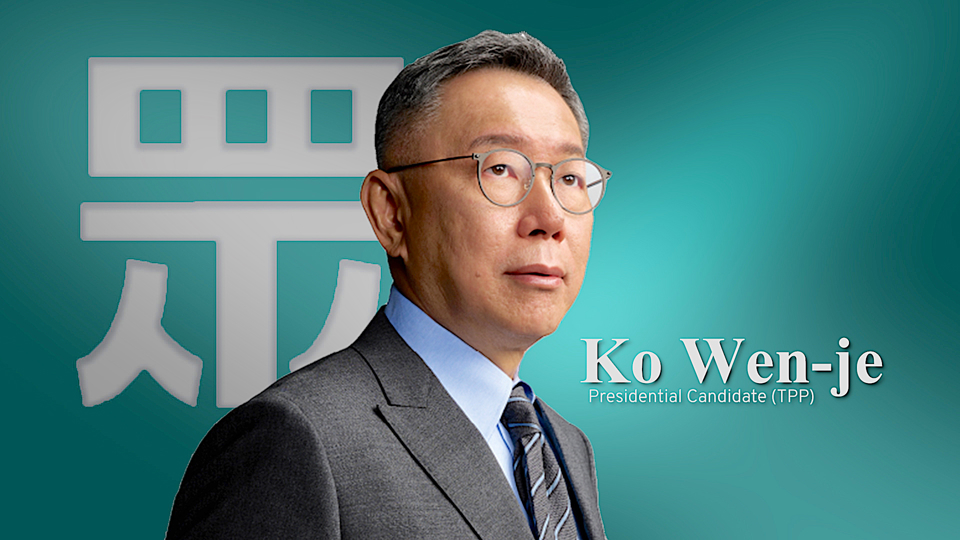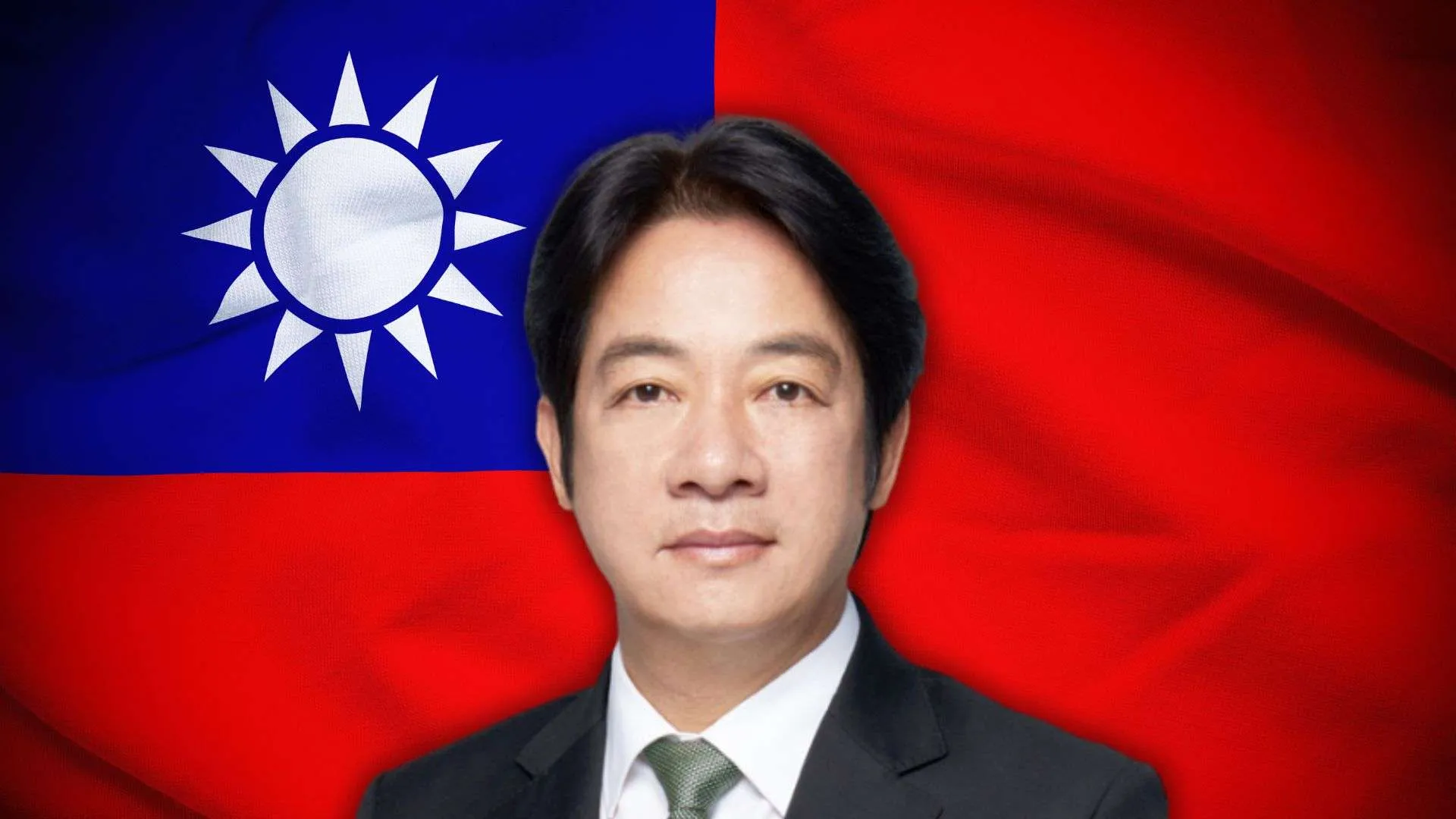by Martin Haffner Associate Editor
In a significant turn of events in Taiwan’s political landscape, former presidential candidate Ko Wen-je has been formally charged with corruption, casting a shadow over the upcoming elections and raising questions about the integrity of the nation’s political systems. The decision was announced by the Taipei District Prosecutors Office, following a lengthy investigation into allegations surrounding illicit financial activities linked to the candidate’s campaign.
Background
Ko Wen-je, who represented the Taiwan People Party , was a prominent figure in the recent presidential elections. The candidate garnered substantial public support and was viewed as a strong contender for the presidency. However, the allegations that have emerged may significantly tarnish not only Ko Wen-je’s reputation but also that of the party and its supporters.
prosecutors uncovered evidence suggesting that Ko Wen-je was involved in accepting illegal campaign donations, misappropriating funds, and engaging in corrupt practices that violated election laws. Reports indicate that amounts involved could reach several million New Taiwan Dollars, which has alarmed voters and other political figures alike.
The Reactions
The news of these corruption charges has sent shockwaves through Taiwanese society, prompting widespread debate about political ethics and campaign financing. Citizens have taken to social media platforms, expressing their outrage and disappointment. Many argue that corruption remains a persistent issue within Taiwan’s political landscape, calling for more stringent regulations and transparency in campaign financing.
Most notably, it raises concerns about how voters will react—whether they will demand accountability or whether partisan loyalty will supersede ethical considerations.
Legal Implications
As the legal proceedings unfold, Ko Wen-je faces the possibility of significant legal consequences if found guilty. The laws governing corruption in Taiwan are stringent, with penalties that may include hefty fines and imprisonment. The case also raises broader questions about accountability in politics, with many advocating for reforms to ensure greater transparency in campaign donations and political funding.
The charging of a high-profile political figure like Ko Wen-je underscores the ongoing struggles Taiwan faces in combating corruption within its political ranks. As this situation develops, the implications for the upcoming elections and the future of the Taiwan People Party are yet to be fully realized. One thing remains clear: the voters of Taiwan are poised to demand greater integrity and transparency from their leaders, a sentiment that continues to resonate in the hearts and minds of the populace.
As the case progresses, all eyes will be on Ko Wen-je and the judicial proceedings that could reshape the political landscape of Taiwan for years to come.



